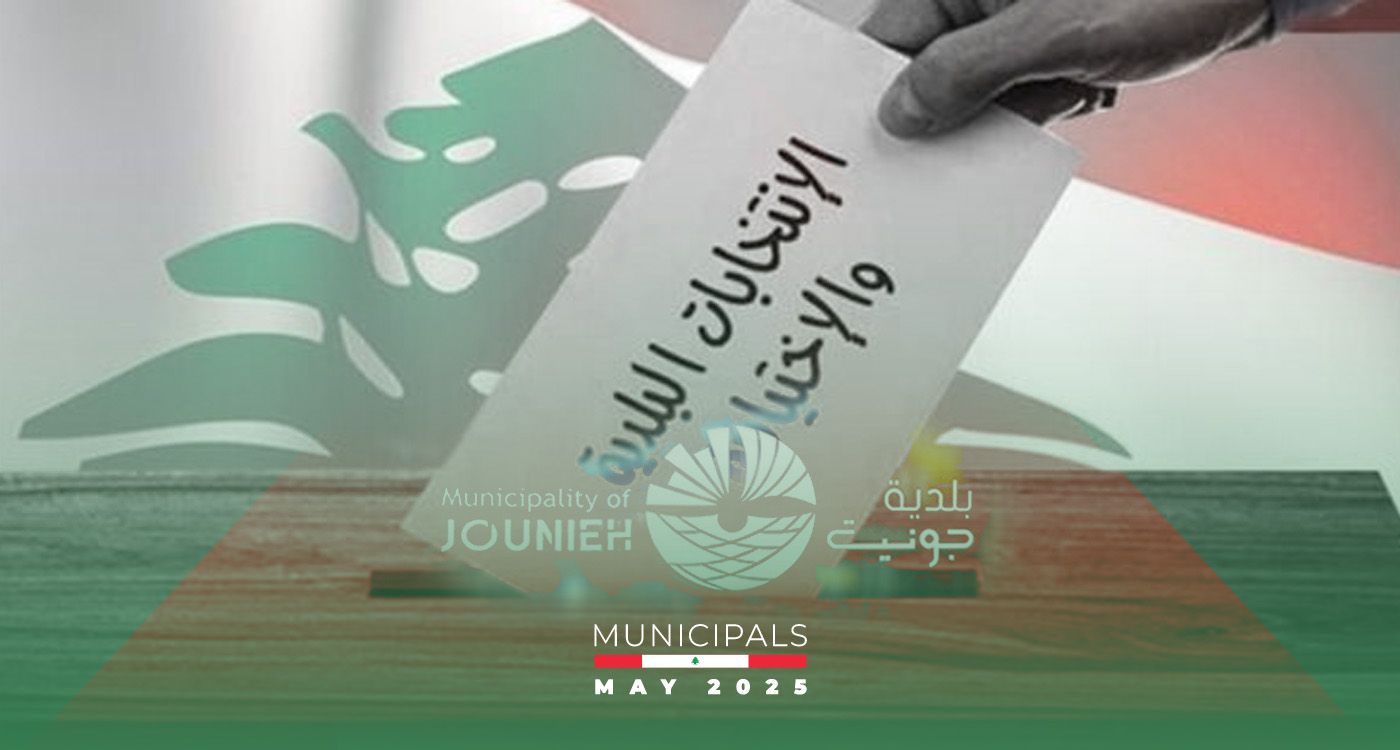- Home
- Highlights
- Jounieh: An Electoral Battle That Reshapes National Alliances

©This is Beirut
Jounieh’s upcoming municipal elections, scheduled for May 4, are shaping up to be a decisive political showdown. A broad coalition has formed to challenge the outgoing municipal council, which is closely aligned with the Free Patriotic Movement (FPM).
The stakes are high in Jounieh, once hailed as the “pearl of the Mediterranean” and one of Lebanon’s most vibrant cities from the 1960s through the 1990s. Today, the capital of Keserwan faces widespread urban decay as a result of years of neglect. A congested highway, crumbling infrastructure and stalled development projects have left the city struggling.
“It’s time to breathe new life into the city with a fresh spirit of work and coordination,” a resident told This is Beirut.
The incoming council will be tasked with a broad mandate: rehabilitating roads, upgrading utilities, revitalizing commerce and tourism and advancing long-delayed environmental projects.
A Battle with National Echoes
The electoral race pits a coalition led by businessman Faysal Frem—supported by MPs Neemat Frem (his brother) and Farid Haykal el-Khazen, former MP Mansour al-Bon, as well as the Lebanese Forces (LF) and the Kataeb Party—against a list titled Jouniétna (“Our Jounieh”), which features younger candidates and is headed by Silvio Chiha, a current municipal council member and international water-skiing champion. It is backed by current mayor Juan Hobeich and the FPM.
Although family ties typically dominate municipal elections in Lebanon, national political forces still wield considerable influence.
In the 2016 elections, the FPM-backed Karamat Jounieh (“Dignity of Jounieh”) list led by Hobeich won 14 out of 18 seats. The remaining four went to the Jounieh al-Tajadod (“Renewal of Jounieh”) list, supported by Neemat Frem and the Lebanese Forces. Chiha, notably, was elected on the FPM ticket.
Today, the landscape has shifted. The FPM has seen a sharp decline in popularity following Michel Aoun’s disastrous presidential mandate, internal party rifts and the weakening of its ally Hezbollah. Meanwhile, the “sovereigntist” (anti-Hezbollah) bloc led by the Frem camp is gaining ground, especially after the election of Joseph Aoun as president in January 2025.
The Revival of Jounieh
On April 24, Faysal Frem officially launched his campaign under the banner Renaissance de Jounieh (“The Revival of Jounieh”). He announced his candidacy for municipal president, with businessman Rcheid el-Khazen—brother of MP Farid Haykal el-Khazen—running as vice president.
“We are all responsible for Jounieh’s revival, so that everyone can benefit from it,” Frem declared. He emphasized the need to boost the city’s real estate market and reactivate its economic and cultural life. Drawing on his 27 years of experience in the private sector, Frem vowed to instill principles of productivity, transparency and governance into municipal operations.
His plan includes overhauling infrastructure, reopening the port of Jounieh and implementing long-stalled recycling initiatives. The campaign also aims to revive local festivals and support the city’s sports and cultural institutions.
The Jouniétna list is expected to release its platform soon.
Strategic Alliances Ahead of 2026
In an interview with This is Beirut, former MP Fares Souhaid predicted a fierce electoral contest. “A coalition of influential parties and figures is attempting to stifle the will of the youth. In response, they have formed this front,” he said.
Souhaid also addressed Farid Haykal el-Khazen’s alignment with the Lebanese Forces and Kataeb Party, despite his previous ties to the Syrian regime-linked Marada party. “The Khazen family is a prominent Keserwan clan that operates independently of rigid political affiliations,” he noted. “They are pragmatic when it comes to alliances, especially after the collapse of the (pro-Hezbollah) March 8 coalition and the shifting political landscape post-2024.”
Souhaid added that the presidency of the Keserwan Municipalities Federation will be decided after the elections, with the Frem camp expected to play a decisive role.
As political forces position themselves ahead of the 2026 legislative elections, the outcome in Jounieh could offer a preview of broader shifts across Mount Lebanon, and perhaps the nation.
Read more




Comments